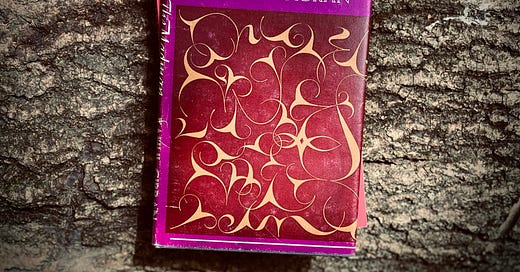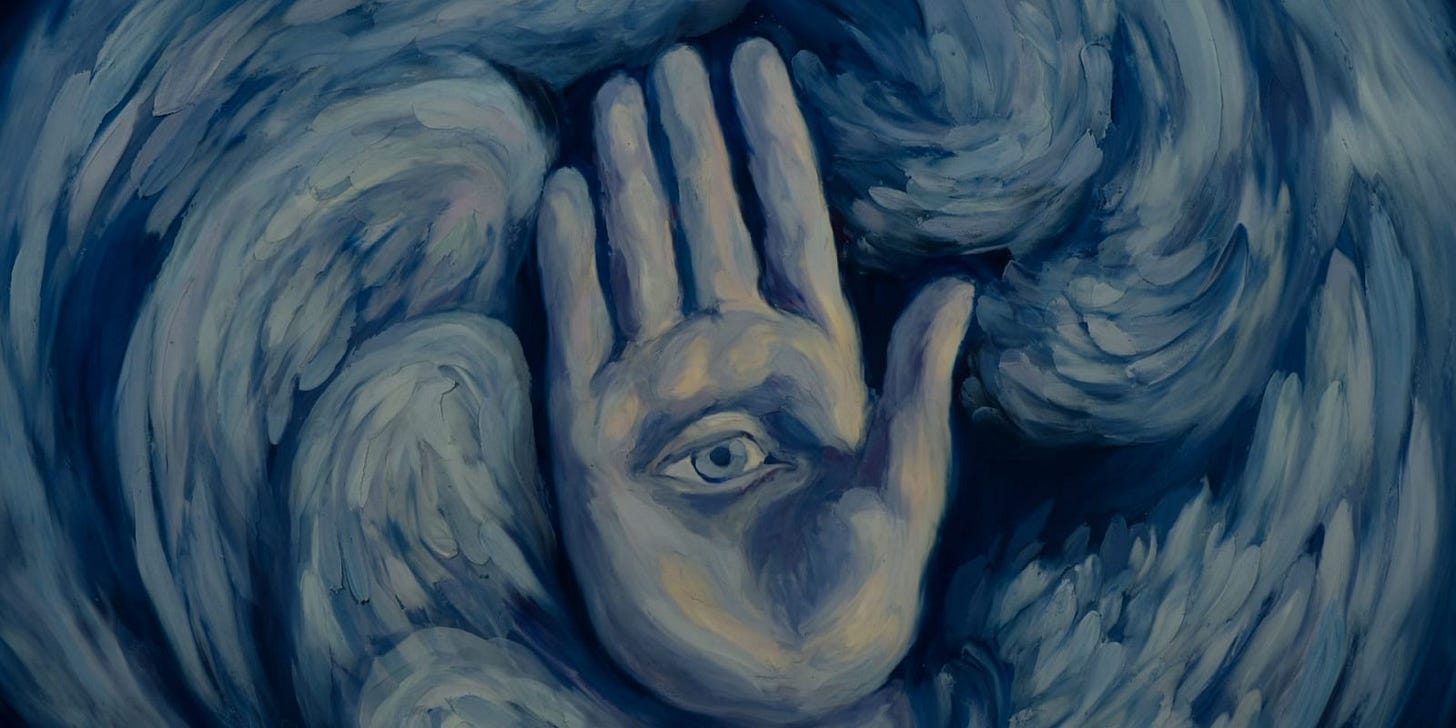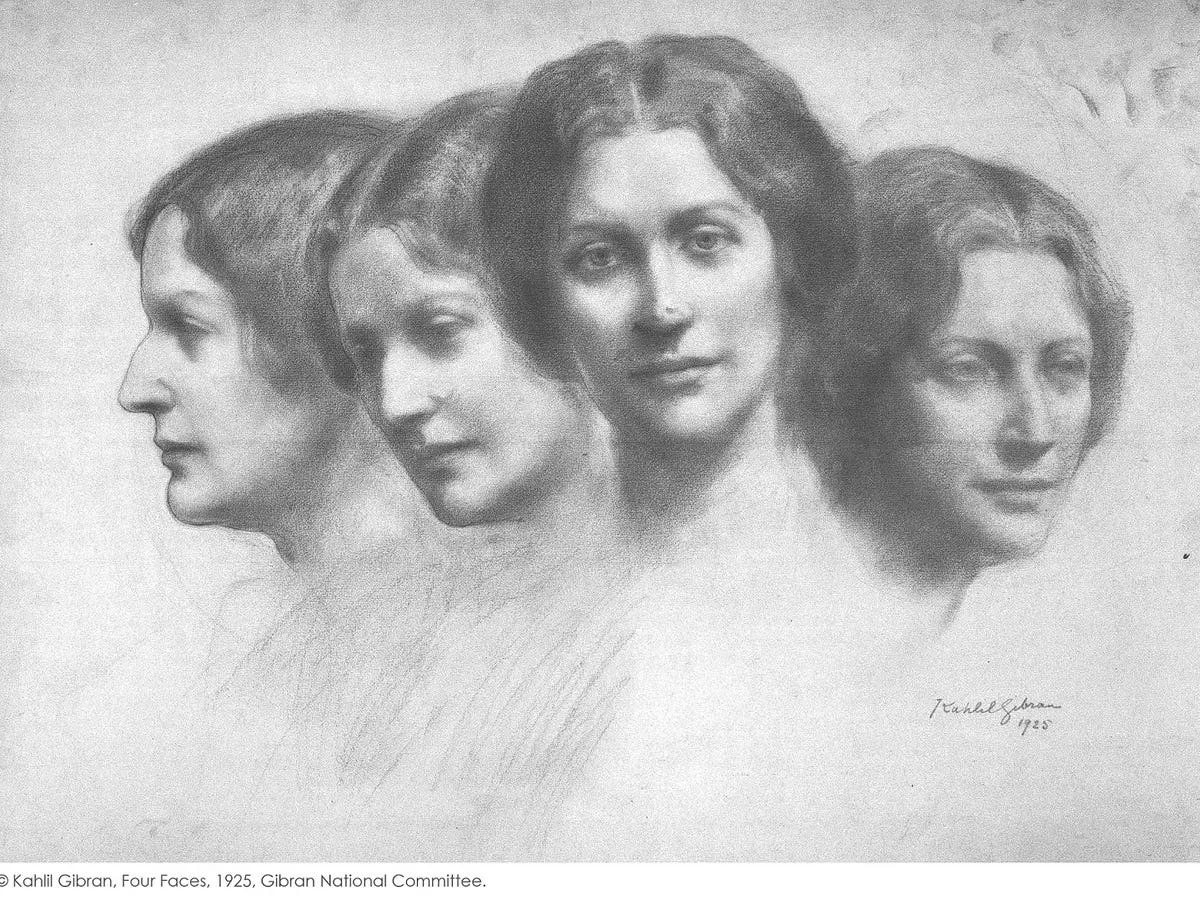A person needs a little madness, or else they never dare to cut the rope and be free," wrote Nikos Kazantzakis in his brilliant work, "Zorba the Greek." This underrated novel delves into the struggle between the aesthetic and the rational, the inner life and the life of the mind, as well as the connection between madness and freedom.
A couple of millennia before, Aristotle noticed that "there is no great genius without some touch of madness." But why is that so?
Why did thinkers like Aristotle, Nietzsche, and Kazantzakis place such emphasis on madness?
The truth is that excessive sanity could also prove to be lethal. Sometimes it's crucial to perceive life the way it should be, not the way it actually is.
Madness is nothing but a deviation from social norms, a departure from accepted ways of thinking, and a rejection of the false security of consensus. It is disliked by most because it cannot be faked or imitated. You either have a unique, mad way of looking at the world, or you don’t.
My readers have probably heard Nietzsche’s famous quote – I believe it comes from "Beyond Good and Evil" – where he says:
"And those who were seen dancing were thought to be insane by those who couldn't hear the music."
Great artists were often those who could hear the music while everybody else around them could not. They danced in tune and thus created paintings, sculptures, novels, and were labeled as ‘mad’ by their deaf contemporaries.
I don’t think I can hear that music, but I can hear its dimming echo in this passage by Kahlil Gibran titled ‘How I Became a Madman.’
‘You ask me how I became a madman. It happened thus: One day, long before many gods were born, I woke from a deep sleep and found all my masks were stolen,--the seven masks I have fashioned and worn in seven lives,--I ran maskless through the crowded streets shouting, “Thieves, thieves, the cursed thieves.”
Men and women laughed at me and some ran to their houses in fear of me.And when I reached the market place, a youth standing on a house-top cried, “He is a madman.” I looked up to behold him; the sun kissed my own naked face for the first time. For the first time the sun kissed my own naked face and my soul was inflamed with love for the sun, and I wanted my masks no more. And as if in a trance I cried, “Blessed, blessed are the thieves who stole my masks.”
Thus I became a madman.
And I have found both freedom of loneliness and the safety from being understood, for those who understand us enslave something in us.
How visual is Gibran’s language! How beautiful!
In the first passage he mentions ‘seven masks I have fashioned and worn in seven lives’, which represent seven deadly sins. Each sin is a mask we wear as we go through life. Each sin is a way of life. The mask of a liar; the mask of a lazy person (sloth); or, the mask of a consumer (greed).
Gibran becomes a madman when he loses his masks of sin, because it’s so unusual to live a life without sinning. But, dear reader, he is a madman only in the eyes of those who laugh at him, because to live a life without a mask seems silly to the crowd. In contrast, there are also those who fear him, because mad Gibran shows them they could have lived a different life if they realised they’re wearing masks.
In the next passage he reaches a market place. In the Eastern tradition, market is a mystical place, where for millenia diverse cultures and civilisations converged and met. Poets, such as Rumi or Hafiz, saw market places as spaces for spiritual exchange, where you could broaden, transform and expand your mind by meeting people from far lands.
This is why when Gibran reaches the market, he says ‘blessed are the thieves who stole my masks’ and finds ‘freedom of loneliness and the safety from being understood.’
In the tapestry woven by Kazantzakis, Aristotle, Nietzsche, and Gibran, the enigma of madness becomes a portal to unfettered human consciousness. These voices echo the intrinsic link between madness and freedom, urging us to discard societal masks and embrace our distinct perspectives.
Gibran's transformative journey mirrors life's diversity, reminding us to cherish our individuality.
In this tapestry, sanity and madness dance in delicate harmony, inviting us to step beyond convention and bask in the liberating embrace of our own authenticity.









Really enjoyed this post! The idea of madness as simply not confirming to consensus reality resonates with me. We need more madpeople! I also enjoyed learning that the marketplace is a mystical place in Eastern tradition, my dreams often involve marketplaces.